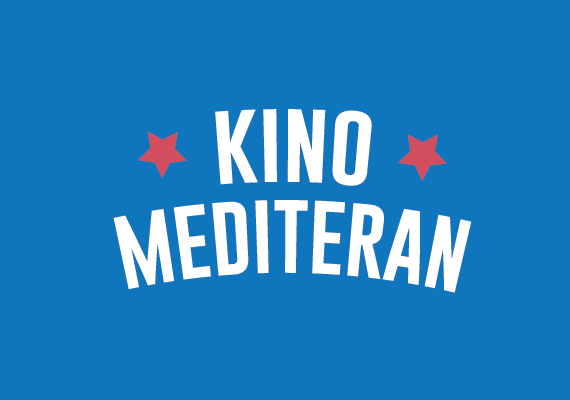Cinema Mediterranean: European cinema sailing to Dalmatian audiences
- How a small Croatian festival built a whole new audience that prefers European cinema

Cinema Mediterranean is a project of cinema revival aimed at renewing cinemas and bringing films to smaller Dalmatian towns, where cinemas have been closed for a long time. The region covers the coast between Rijeka in the north and Dubrovnik in the south, as well as some 900 islands, and has a population of almost 900,000. A booming tourist destination since Austro-Hungarian times, operation of almost all of its cinemas stopped following the war in 1990.
In 2012, the Mediterranean Film Festival Split (FMFS), which was set up four years earlier as small event, started to work on reviving cinemas, building and educating audiences with European films. After that June edition of FMFS, a small crew, led by festival director Alen Munitić, took a projector and a mobile screen and sailed to 11 seaside towns, holding 33 screenings to a total audience of 4,000.
"We started with enthusiasm but without expectations, so the audience response was a surprise to us, and to the local authorities and media, who quickly came up with ideas to turn the traveling cinema into something more serious," Munitić recalled. "That's how we started to develop it as a year-round project much faster than we had expected."
Just three years later, in 2015, the Cinema Mediterranean project held 370 screenings in 25 towns, attracting 19,500 viewers. And in March that year, through a competition held by Croatia's Ministry of Culture, they digitalised the largest towns of Bol, Hvar, Imotski and Komiža (ranging in population from 1,000 to 10,000). At that time, only the town of Korčula, located on the island of the same name, had a digital cinema.
Cinema Mediterranean screens films every summer, and in nine larger towns, these theatres work year-round. Including children’s movies and adding bilingual subtitles, they attracted the youngest part of the population as well as foreign tourists, who make up 30% of audiences in the summer.
In 2011, the Croatian Audiovisual Centre started the project of digitalising 29 independent cinemas, with the Ministry of Culture covering up to 70% of the €1 million project. And although the digitalisation is hailed as huge success, the audience building and, in particular, the film literacy part of it seems a little bit different when looked at from the angle of European and arthouse film.
"Our success with European films is based on the fact that for three years we brought films without a digital projector to people, so that was what they had the chance to see," explains Munitić. "Most small-town folks are emotional about their old open air cinemas, and at first they started coming because of nostalgia and not the programme. But they recognised quality films and we built up a trusting relationship with them, so, even today, with some of the towns digitalised, we often see better results with independent films than commercial ones."
Munitić and the team established a distribution outfit, also called FMFS, buying two titles a year. Past highlights include Blancanieves [+see also:
film review
trailer
interview: Pablo Berger
film profile], Out of Nature [+see also:
film review
trailer
interview: Ole Giæver
film profile], Omar, Living Is Easy with Eyes Closed [+see also:
film review
trailer
film profile], and The Lesson [+see also:
film review
trailer
interview: Kristina Grozeva, Petar Val…
interview: Margita Gosheva
film profile].
"We are planning to go wider, so we have just recently acquired Things to Come [+see also:
film review
trailer
Q&A: Mia Hansen-Løve
film profile] for former Yugoslavian territories," Munitić said of their current plans, before embarking on a boat to take the freshest European films to small Dalmatian towns.
Did you enjoy reading this article? Please subscribe to our newsletter to receive more stories like this directly in your inbox.
















